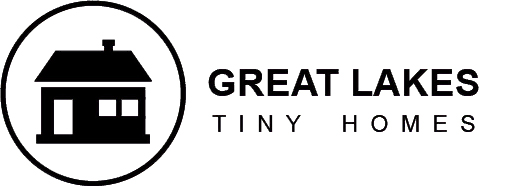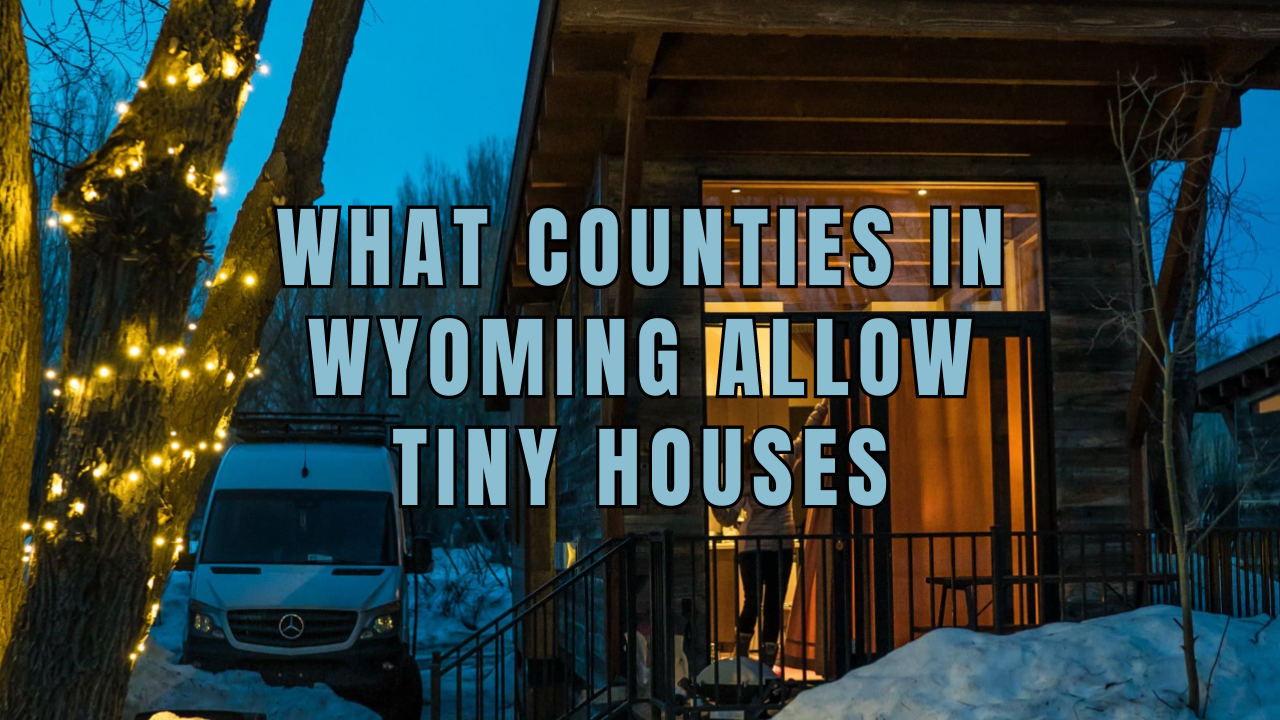Nowadays, tiny homes have become increasingly popular, offering minimalistic and affordable living options for individuals and families. However, where to buy a tiny home and finding a place to park a tiny house can be a challenge, especially considering the various zoning regulations and building codes across counties.
In Massachusetts, certain counties allow tiny houses, each with its own set of rules and regulations. It is crucial to be aware of Massachusetts regulations before investing in a tiny home.
Tiny House Prices in Massachusetts
After embarking on your tiny residence project, you are undoubtedly curious about affordable solutions to match your tinu house requirements.
Amazing news! To help you find your ideal living space, we offer a range of options to suit every lifestyle and budget. Look at the tiny homes for sale in Massachusetts.
What Counties in Massachusetts Allow Tiny Houses?
For the most up-to-date information on tiny home rules in Massachusetts, it’s best to check with the relevant local authorities. Remember that rules and guidelines for small houses change by city, town, or county.
Nantucket County
Zoning Bylaw 139, which describes tiny houses as “a detached structure containing a dwelling unit with less than a total of 500 square feet constructed on a moveable trailer to be attached to a foundation according to a building permit,” permits tiny houses on wheels in Nantucket County.
Barnstable County
Thanks to a few tiny home lovers who contacted social worker Maureen O’Regan, Barnstable County is especially welcoming to the tiny home movement. The county has a lenient policy towards accessory dwelling units, as long as the owner occupies either the main house or the ADU for at least six months. Although it is not allowed to use ADUs as Airbnb, you can use them as long-term rental properties.
Tiny House Regulations And Rules In Massachusetts
In Massachusetts, regulations for tiny houses vary by local government. Some cities and towns have specific zoning laws and building codes that may restrict or permit the construction of tiny houses. Additionally, there are rules for tiny houses on wheels regarding where they can be parked or placed. It is important for anyone considering a tiny house in Massachusetts to research local regulations carefully.
Permanent Structure Rules
With effect from January 1, 2020, Massachusetts approved Tiny House Appendix Q, which establishes construction safety requirements for homes with foundations that are 400 square feet or less. However, zoning laws of each municipality are still applicable for tiny houses on foundations. Some guidelines for permanent structures for tiny homes are:
- The livable space and hallway ceiling heights require at least 6 feet 8 inches.
- Loft ceiling heights can be as low as 6 feet 8 inches.
- In a tiny house, the ceiling height in all rooms, bathrooms, kitchens, and toilets is then at least 6 feet 4 inches.
- Obstructions such as lighting, beams, ducts, and girders should not protrude below the minimum ceiling height.
- They must adhere to the emergency escape and rescue opening specifications listed in Section R310, which include opening directly onto a public space and having a maximum height of 44 inches.
- A skylight or roof window needs to be built to comply with Section R310.2’s emergency escape and rescue regulations.
- The floor space in lofts should be at least 35 square feet.
- Lofts can include a horizontal dimension of at least five feet.
- Stairs leading to a loft have a minimum clear width of 17 inches and must be above the railing. There should be at least 20 inches of width below the railing.
- Stairwell headroom in a loft is at least 6 feet 2 inches.
- Loft stair railings need a minimum height of 7 inches and a maximum height of 12 inches.
Temporary Structure Rules
RVs and mobile homes are examples of temporary structures in Massachusetts that must adhere to some regulations. These recommendations cover parking restrictions, registration requirements, and maintaining safety laws. Mobile homes and RVs are only allowed in designated areas. In Massachusetts, mobile homes are allowed in authorized manufactured housing developments for long-term residents. Follow some rules regarding temporary structure:
- It has to be registered with the Department of Motor Vehicles in the state.
- It needs to be placed in the approved spot.
- It is temporarily in an RV park for camping purposes rather than being parked year-round.
- You have to maintain your mobile home following the state’s sanitary code and free of trash.
- Tenant rights are determined by park regulations filed with the secretary of state at least sixty days before implementation.
Transitional Structure Rules
In Massachusetts, transitional buildings are often secure places to live for the destitute and those struggling with particular problems. The government does not make clear what the regulations governing this structure are.
In Massachusetts, Where Can I Build A Tiny House?
It matters to consider where to put the small house. Choose a licensed tiny house contractor to help you with the procedure, handle every legal document, and guarantee that your home satisfies all construction regulations.
Planning can simplify building a tiny house. The following are common locations for small homes:
- RV parks
- National Parks and campgrounds
- Tiny house communities
- Private properties
Tiny House Communities in Massachusetts
Tiny home communities come in several forms that let you unwind and rejuvenate. While some small house villages are permanent intentional living communities with plenty of perks, others are resorts where you may spend weeks on your next family vacation.
Village Hill Cohousing
Village Hill is an intentional community for people who desire to live simply with others. It is in North Hampton, Massachusetts. The neighborhood was founded in 2019 and consists of 28 tiny, standalone homes close to Northampton’s downtown. The neighborhood is ideal for eco-conscious residents who want to live off-grid, as it is near multiple biking and hiking trails, as well as bus routes.
Hillcrest
Individuals of all ages can live in the Hillcrest mobile home neighborhood in Rockland, Massachusetts.
The neighborhood is family-friendly, and there are many nearby natural landmarks. The people that live there in the community are the owners.
Tiny House Builders Near Me
You may locate your desired home without searching for local manufacturers thanks to Great Lakes Tiny Homes, which provides a variety of tiny house designs with nationwide delivery.
In addition, RV Industry Association (RVIA) certified builder Great Lakes Tiny Homes. Passionate about upholding the strictest construction, safety, and regulatory requirements for tiny homes and the highest production standards.
Do I Need a Certified Builder?
Yes, you do.
You feel confident you’ll own a small house made in compliance with laws and regulations when you work with an RVIA-certified builder like Great Lakes Tiny Homes.
It also guarantees that the materials in your house are high-quality, long-lasting, and safe.
Working with a qualified builder has the benefit of access to insurance and financing choices. Your tiny house ensures a safe and livable space, provided it complies with RVIA regulations.
FAQs
Can You Make a Tiny House in Massachusetts Your Main Residence?
In Massachusetts, it is possible to live permanently in a tiny dwelling.
Nevertheless, follow the laws and ordinances in your area. The best is to determine whether your small home complies with all applicable laws and regulations, especially inspection requirements, by contacting your local zoning and agencies.
Research and partner with licensed builders to benefit from simpler, eco-friendly living in Massachusetts.
Does My Tiny Home Need to Pay Property Taxes in Massachusetts?
Tiny houses qualify from the property tax for conventional houses, but they are still considered real estate if they are built on a permanent foundation on land you own. You need to pay property taxes in this instance.
Mobile homes that are devoid of personal belongings are exempt from taxes, but RVs must pay personal property taxes.
Mobile homes in certified prefab housing communities are exempt from local taxes; instead, the community operator receives a monthly occupancy charge from the houses.
In Massachusetts, How Tiny Can A House Be?
In Massachusetts, tiny homes typically range from 100 to 400 square feet (according to Appendix Q), allowing for efficient and minimalist living. These compact dwellings have gained popularity as a sustainable and affordable housing option, attracting individuals and families looking to downsize and live a simpler lifestyle. The tiny home movement continues to grow in the state.
Conclusion
Massachusetts has adopted Appendix Q, which provides building safety standards for tiny houses on foundations. Zoning and permitting regulations for tiny houses differ from county to county and occasionally from town to town.
Therefore, before beginning any project, anybody wishing to construct or move into a tiny home in Massachusetts must speak with the local government. While certain counties—like Nantucket, Barnstable, and Berkshire—are more accommodating to tiny houses, each may have its own rules and regulations for homes that are mobile, or built on foundations.





